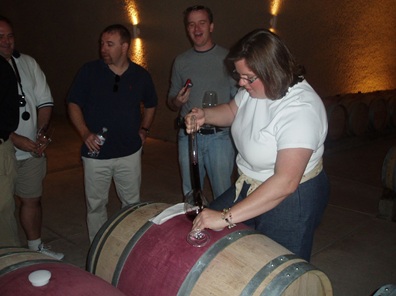 When you think of investing, wine is not the first thought that comes to mind. Most of us think of investments as stocks and bonds and not much else. There are alternative investments to the ones we typically put our money in; these are precious metals (gold, silver, copper), fine art (paintings, sculptures), and rare coins. Wine falls into the alternate investment category, and if you do it right and don’t need an immediate return on your money, can be a good way to hedge your bets in uncertain economic times, such as the ones we’re having today.
When you think of investing, wine is not the first thought that comes to mind. Most of us think of investments as stocks and bonds and not much else. There are alternative investments to the ones we typically put our money in; these are precious metals (gold, silver, copper), fine art (paintings, sculptures), and rare coins. Wine falls into the alternate investment category, and if you do it right and don’t need an immediate return on your money, can be a good way to hedge your bets in uncertain economic times, such as the ones we’re having today.
How Do You Invest in Wine?
There are two ways to invest in wine: purchase and resell the wine yourself, or participate in a wine investment fund. The fund pools the money from its members and handles the purchase, storage, and resale of the wine for the investors. The investors receive returns based on the amount of money they invest in the fund.
If you have the time, money, and storage space, being your own investor is not a bad idea; you choose the wines you want to invest in, and you decide when to sell. You will be the sole recipient of the return. You will also be the sole bearer of the costs – insurance and storage – while you hold the wine, waiting for it to mature and the price to rise. If you can afford it, and you’re a budding oenophile, it may be a really good way to invest your time and money.
If you have limited funds, but like the idea of investing in wine, participating in a wine investment fund is the way to go. Someone else makes the decisions and handles the issues, and you take the returns. As long as you do your due diligence and choose a sound fund, this is the way for you to invest in the wine market.
What are Investment Grade Wines?
There are most likely tens of thousands of vintners producing wine globally today. Only 250 of these vintners produce investment grade wine, and ninety percent of the investment grade premium wines come from the Bordeaux region of France. More vintners are making it into the investment grade globally these days, but the numbers still work out with France holding ninety percent of the premium wines, and the other ten percent is vintage port. While wine has been around for centuries, the buying and selling of wine as an investment really came into being in the 1970s. It is still difficult to be a personal wine investor in the United States today, as most states have strict regulations on the buying and selling of wine, but there are ways to legally sell wine in a private sale, even in those states with the strictest laws. This is one area where a wine investment fund shines over being your own wine investor: the fund knows how to make sales legally.
Is wine a good investment? Over the long haul, the numbers bear it out as a good way to invest money in an alternative way. Even if the bottom fell out of the market, if you were your own investor you could at least drink the wine; if the bottom falls out of Wall Street, all you have left are bad memories.

 When you think of investing, wine is not the first thought that comes to mind. Most of us think of investments as stocks and bonds and not much else. There are alternative investments to the ones we typically put our money in; these are precious metals (gold, silver, copper), fine art (paintings, sculptures), and rare coins. Wine falls into the alternate investment category, and if you do it right and don’t need an immediate return on your money, can be a good way to hedge your bets in uncertain economic times, such as the ones we’re having today.
When you think of investing, wine is not the first thought that comes to mind. Most of us think of investments as stocks and bonds and not much else. There are alternative investments to the ones we typically put our money in; these are precious metals (gold, silver, copper), fine art (paintings, sculptures), and rare coins. Wine falls into the alternate investment category, and if you do it right and don’t need an immediate return on your money, can be a good way to hedge your bets in uncertain economic times, such as the ones we’re having today.